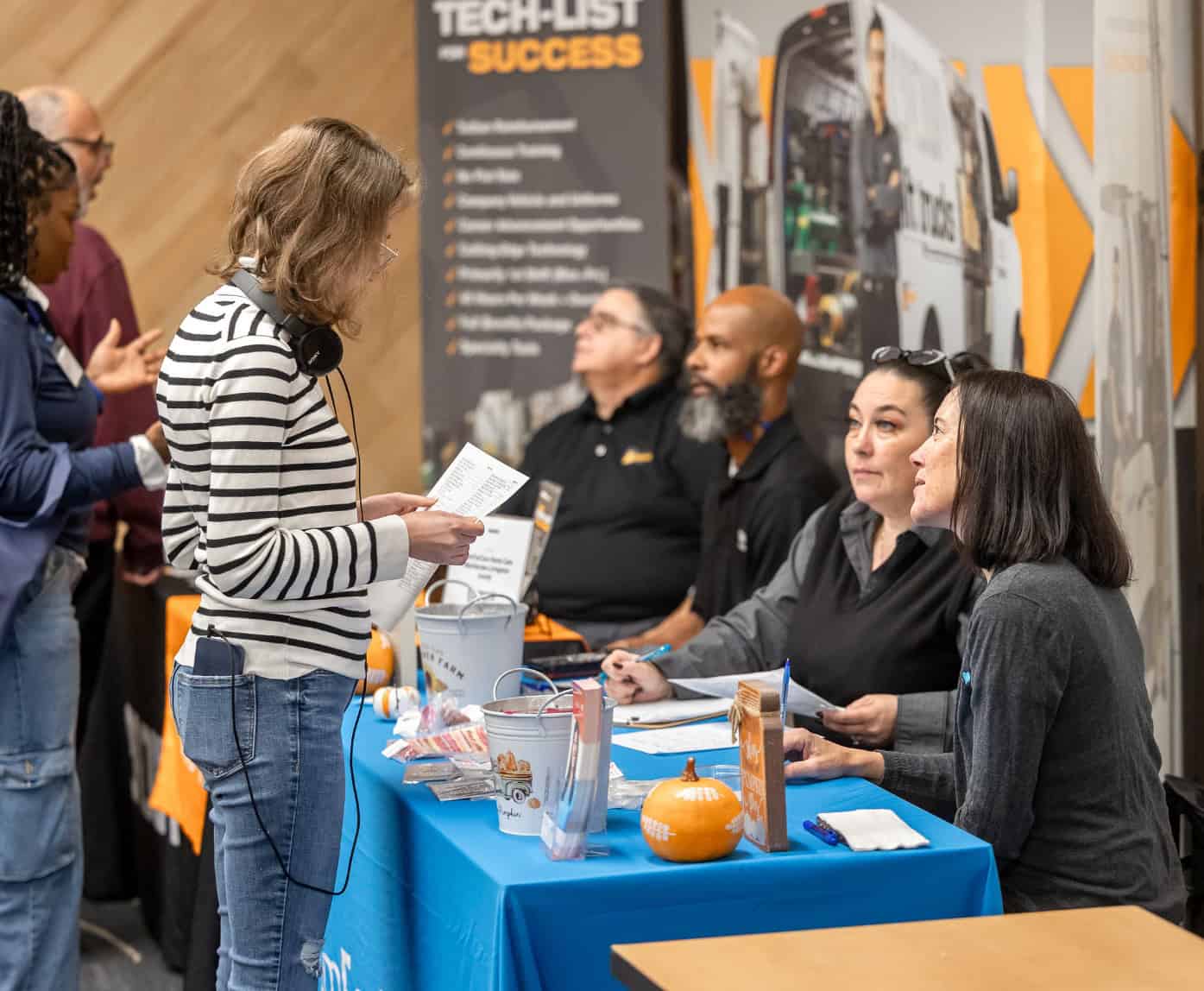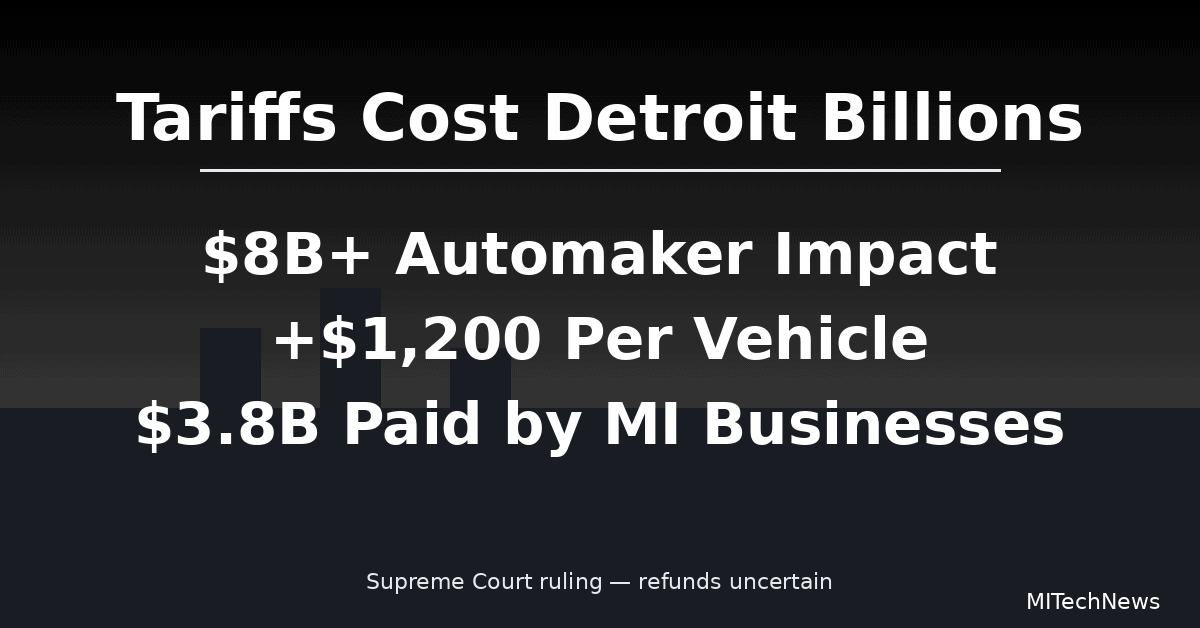LANSING — Michigan Virtual, an online education provider, was named a winner of the 2021 Impact Awards by Innovation Leader, an unbiased, independent media and events company focused on helping change-makers in large organizations deliver real impact.
“Being named a 2021 Impact Award winner alongside the prestigious ranks of this year’s and past winners is a testament to the dedication and tenacity of Michigan educators in the face of some of the most difficult challenges we’ve encountered as a society,” said Jamey Fitzpatrick, president and CEO of Michigan Virtual. “The work being recognized has continued to evolve to adapt to schools’ changing needs due to the pandemic, and we’re honored to be a part of helping to ensure learning continues in a flexible, supportive, and effective manner for Michigan youth.”
Founded by journalists, Innovation Leader’s annual Impact Awards honor companies that have achieved extraordinary innovation outcomes. Michigan Virtual is the only Michigan company to receive this year’s award alongside the other national and international awardees. The 2021 winners include OTP Bank, Reliant (an NRG Company), United Way Worldwide, PwC Germany, USAA and State Farm, Michigan Virtual, and Unilever. The applicants were evaluated based on the overall value and impact they have delivered by a panel of judges from major organizations such as Oracle, CME Group, Hain Celestial, Atrium Health, Carhartt, Bose, Peloton, Fidelity Investments, Clorox, and more.
In early March 2020, a small group at Michigan Virtual held a week-long design sprint focused on making the non-profit’s online high school courses more flexible so that they could be used by schools for both in-person and remote learning. Michigan Virtual did so with school closures due to weather, or absenteeism due to illness, in mind, as COVID-19 had yet to emerge into a full global pandemic — though by the end of the design sprint, it was apparent that the initiative might be applicable much sooner than the team anticipated. Within days, schools across the country were closing, and in the weeks and months that followed, the project quickly moved from idea to experimentation and feedback to implementation.
Michigan Virtual historically provided supplemental high school courses, delivered online and taught by a Michigan Virtual teacher. Students were typically from an in-person school and took online classes to supplement their in-person schedule. In response to COVID-19, however, schools quickly became interested in fully online schedules. To meet that need, Michigan Virtual defined a new delivery model, the Whole School model (now referred to as the Collaborative Partnership Model), in which they provided the course content and trained teachers from local schools to deliver courses remotely to their students.
“I loved the idea of quickly mobilizing to resolve what was an issue for every school-aged child not only in the US, but around the world,” wrote Rick Paster of Peloton in his judge’s notes. “They helped democratize learning, which has been a struggle since the pandemic began.”
Among the challenges Michigan Virtual overcame:
- Engaging with schools and educational leadership and monitoring public health information to determine the potential demand for fully online learning, and the ability of local schools to deliver online learning to their students, given challenges around device and internet availability.
- Designing training for local teachers to quickly onboard them into a new online learning platform, a new set of content to teach, and a new method of teaching.
- Standing up new processes for sales, finance, customer support, and back-end technical support (student enrollments, schedule changes, assigning teachers, content modifications, etc).
- Working with partners and vendors to secure permissions to use course content that Michigan Virtual did not own in the new model, ensuring both a full catalog of high school offerings and, for the first time, a full middle school catalog.
- Doing all of that with a workforce that was 100 percent remote for the first time while running their core programs, which were experiencing record levels of enrollments.
The Whole School model was deployed in mid-August 2020. A total of 30 middle and high schools across Michigan were powered by the newly-created model, helping to drive Michigan Virtual’s “students served” metric up by nearly 20,000 over the prior year. Hundreds of other schools benefited from free course content and training modules made available in response to the pandemic. Feedback, collected continuously throughout the school year through surveys and focus groups with all stakeholders, has been positive. Work is underway to evolve the program as a future-of-learning model with benefits for both in-person and remote learning environments.






